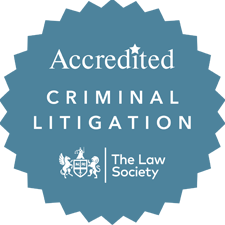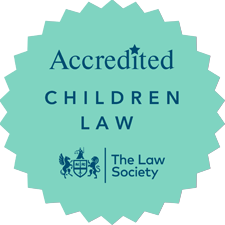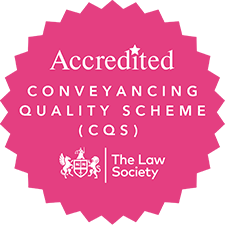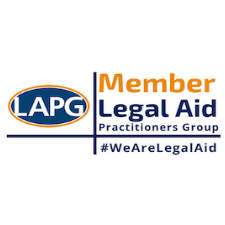Being invited or taken to a police interview under caution can be a stressful and confusing experience, especially if it’s your first time. Whether you attended voluntarily or were arrested, knowing what happens after the interview is just as important as understanding your rights beforehand.
The Interview Is Recorded and Reviewed
All interviews under caution are recorded — either by audio or video — and become part of the evidence file. After the interview, officers will review the recording along with any other evidence they’ve gathered (such as witness statements, CCTV, or forensic evidence) to decide what to do next.
Possible outcomes
After reviewing everything, the police may:
- Take No Further Action (NFA): A decision to take no further action may be made in a number of situations, including where it is accepted you were not responsible for committing the offence. If there’s not enough evidence to proceed you will receive a letter informing you of this decision. However, there is a possibility the case could be re-opened if new evidence becomes available. No further action could be taken in youth cases where a diversion has been made to the Youth Offending Team.
- Refer the Case to the Crown Prosecution Service (CPS): The police may refer the case to the CPS, who will decide whether there’s enough evidence and public interest to bring charges.
- Police Bail: You may be released on police bail with or without conditions while further enquiries are made. You’ll be given a date to return to the station, failure to do so can result in a further arrest.
- Release You Under Investigation (RUI): Increasingly common, this means you’re not on bail, but the investigation is ongoing. Unlike bail, there’s no return date, and updates can be unpredictable.
- Charge You with an Offence: If the police (or CPS) believe there is sufficient evidence, you may be formally charged and either bailed to appear in court or held in custody to be brought before a magistrate.
Stay in Touch with Your Solicitor
If you are released on police bail or released under investigation, it’s important to remain in contact with your legal representative. They can track the case status, chase updates, and advice you if charges are brought.
Further Interview
In some cases, the police may contact you again for further questioning and to provide disclosure of new evidence. You have the right to legal advice at every stage and should contact your legal representative if you are asked to attend the police station again.
How can we help?
We help protect your rights, advise you on the strength of the case, and guide you through every stage — from interview to possible court proceedings.
If you find yourself facing an allegation of a criminal offence whether you are arrested or asked to attend a police interview on a voluntary basis, it is vital to contact a solicitor as soon as possible to obtain expert legal advice.
Johnson Astills are experts in criminal law and are able to assist 24 hours of the day at the police station. Our specialist advocates in the Criminal Defence Team are highly experienced in dealing with driving offences at both the Magistrates’ and Crown Court. Representation at the police station is free, and legal aid may be available for your case at the Magistrates’ and Crown Court. For offences which do not qualify for legal aid, we offer fixed fees for appointments and representation.
To discuss any motoring offences please contact our Criminal Defence Team at Johnson Astills at our Leicester office on 0116 255 4855 or our Loughborough office on 01509 610 312, or fill in our free online enquiry form and one of our friendly team will be in touch.









